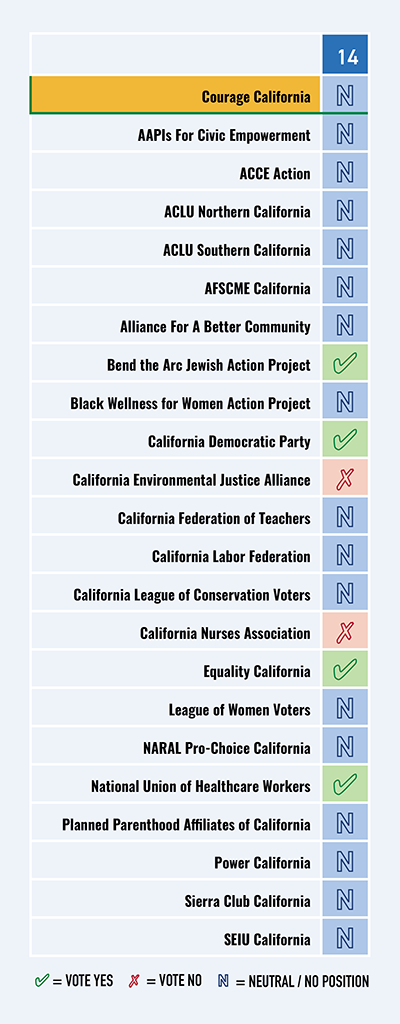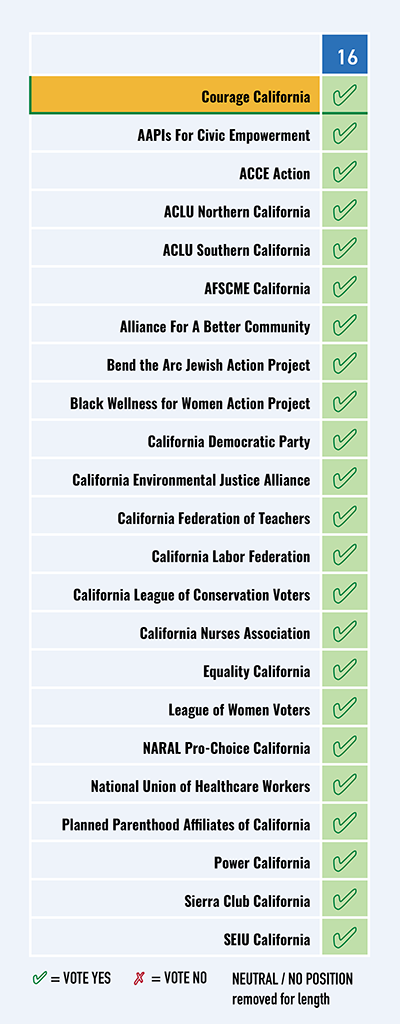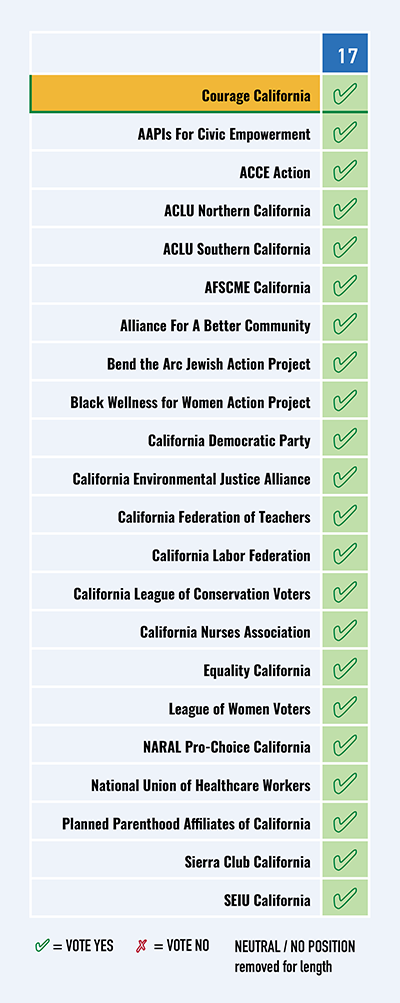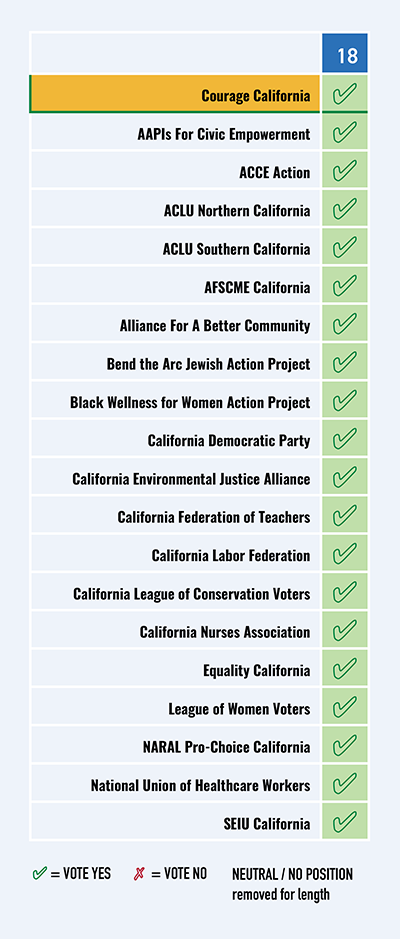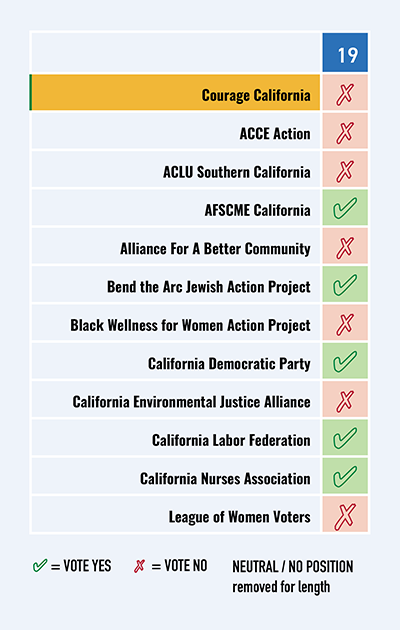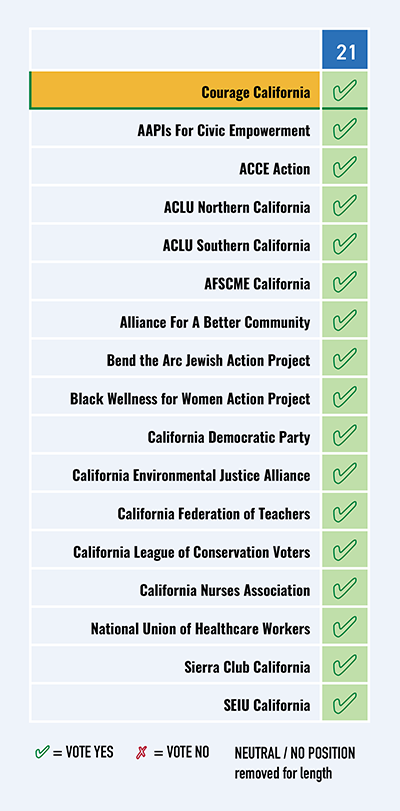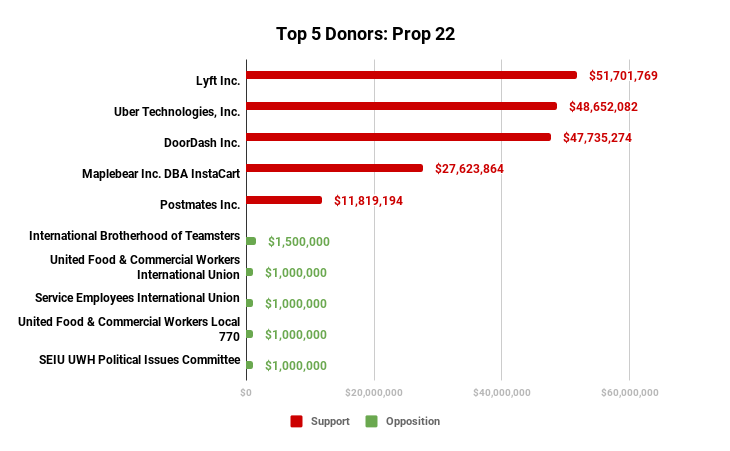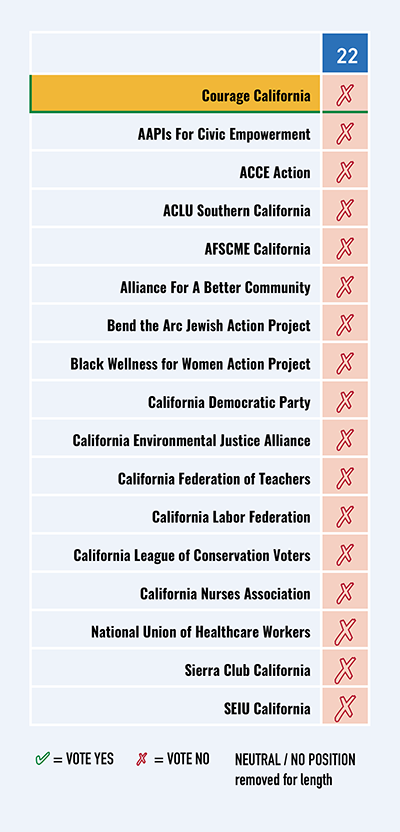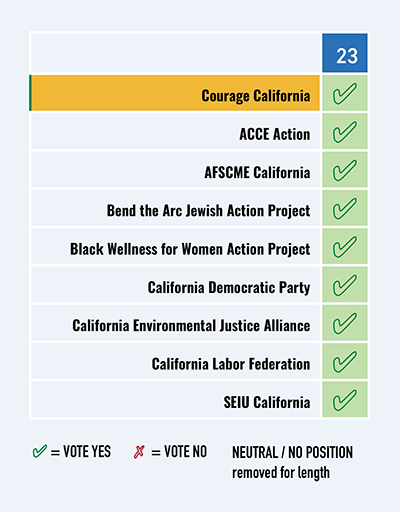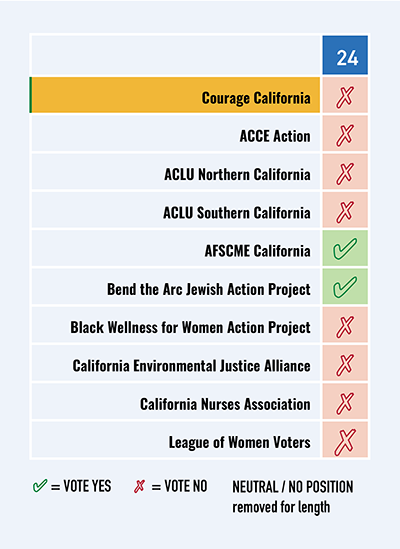Elect Senator Kamala Harris as Vice President of the United States to get America back on track.
About the Position
The Vice President is the second-highest office in the Executive branch of the federal government. The officeholder is the first in the line of succession to the presidency and holds legislative authority as the president of the Senate. In this role, the Vice President presides over Senate deliberations and can cast a tie-breaking vote in close decisions. A Vice Presidential candidate is selected directly by a Presidential nominee who has won the democratic primary process. Vice Presidential candidates are elected indirectly as a part of the Presidential ticket in the general election. A Vice President serves four year terms, and there is no term limit for this position.
About the Race
As of October 12th, Democratic challenger Vice President Joe Biden is leading Republican incumbent President Donald Trump in the polls by an average national margin of 9.2% (as of 10/24/20). Ten days before Election Day in 2016, Secretary Hillary Clinton held an average 4.9% polling lead over Donald Trump. Vice President Biden’s campaign has raised $952 million (as of 10/14/20) and is not funded by fossil fuel money. While his platform commits to establishing meaningful campaign finance reform, his 2020 campaign has received donations from special interest, corporate PAC, and lobbyist organizations. President Donald Trump has raised $601 million (as of 10/14/20) and has not taken any fundraising pledges. President Trump is endorsed by the Fraternal Order of Police, Citizens United, Proud Boys, and a variety of law enforcement organizations.
About the Candidate
Senator Kamala Harris grew up in Berkeley, CA, and now resides in Los Angeles. She is the daughter of a Jamiacan father and an Indian mother who both emigrated to the Bay Area in the 1960s, and established themselves as activists in the Civil Rights movement in Oakland. Sen. Harris’ interest in justice and equal rights was instilled at a young age when she participated in civil rights protests in Oakland alongside her activist parents, and was further shaped when she was included in the second class of students to be bussed as part of Berkley’s efforts toward school integration. She attended Howard University, one of America’s HBCU institutions, for undergraduate studies, and completed her law degree at the University of California, Hastings.
After working for the Alameda County District Attorney’s Office for 8 years, Sen. Harris transitioned to a role as a prosecutor in the San Francisco District Attorney’s office. Sen. Harris’ political career began in 2003 when she won her bid to become District Attorney of the City and County of San Francisco. She served two terms in San Francisco before being elected as the Attorney General for the state of California in 2010. She was the first woman and the first person of color to hold this seat. In representing the needs and interests of Californians in each of these roles, Sen. Harris’ record was both progressive for the time and complicated by her moderate approach to policing and criminal justice. She has been criticized for failing to institute comprehensive police accountability measures, for not establishing meaningful prison reform, and for taking a hands-off approach to cases related to police misconduct. However, her lenient approach to policing was often punctuated by decidedly progressive support for social justice issues, including the establishment of an education and workforce reentry program designed to diminish recidivism. Similarly, as Attorney General, she declined to defend Proposition 8, a proposition to make same-sex marriage illegal in California, in court and officiated the first wedding in the state when marriage equality was restored in 2013.
In 2016, Sen. Harris became the first woman of color elected to represent California in the United States Senate. Sen. Harris has sponsored legislation on climate and environmental protections, rental and housing protections, women’s health, and pandemic relief. She was also an original cosponsor of the progressive Green New Deal authored by Rep. Alexandria Ocasio Cortez and Sen. Ed Markey. Sen. Harris sits on four committees: Homeland Security and Governmental Affairs, Budget, Judiciary, and Select Committee on Intelligence. She has been an outspoken opponent of the Trump Administration, and has deftly used her position on the Senate Judiciary Committee to question judicial nominees and interrogate the hypocrisy of her Republican colleagues.
Sen. Harris formally launched her campaign for President in January 2019 at an Oakland rally with an estimated attendance of 20,000 supporters. As a candidate, she pushed forward a platform that opposed Medicare for All, supported expansion of the Affordable Care Act, sought to expand tax benefits for middle and low-income families, supported citizenship for Dreamers, and favored a ban on assault weapons. She ended her campaign in December 2019, and was tapped to join Vice President Joe Biden’s ticket ahead of the Democratic National Convention in August 2020.
The Biden/Harris campaign is endorsed by many progressive groups in the country. While the Biden/Harris platform is the most progressive platform ever adopted by a major party ticket, we encourage progressive advocates to continue to hold their administration accountable, and work to encourage progressive legislation throughout the country. With consideration to their records in public service, we unequivocally recommend Joe Biden and Kamala Harris as the strongest choice for equitable and representative leadership in office.
Elect Senator Kamala Harris as Vice President of the United States to get America back on track.
About the Position
The Vice President is the second-highest office in the Executive branch of the federal government. The officeholder is the first in the line of succession to the presidency and holds legislative authority as the president of the Senate. In this role, the Vice President presides over Senate deliberations and can cast a tie-breaking vote in close decisions. A Vice Presidential candidate is selected directly by a Presidential nominee who has won the democratic primary process. Vice Presidential candidates are elected indirectly as a part of the Presidential ticket in the general election. A Vice President serves four year terms, and there is no term limit for this position.
About the Race
As of October 12th, Democratic challenger Vice President Joe Biden is leading Republican incumbent President Donald Trump in the polls by an average national margin of 9.2% (as of 10/24/20). Ten days before Election Day in 2016, Secretary Hillary Clinton held an average 4.9% polling lead over Donald Trump. Vice President Biden’s campaign has raised $952 million (as of 10/14/20) and is not funded by fossil fuel money. While his platform commits to establishing meaningful campaign finance reform, his 2020 campaign has received donations from special interest, corporate PAC, and lobbyist organizations. President Donald Trump has raised $601 million (as of 10/14/20) and has not taken any fundraising pledges. President Trump is endorsed by the Fraternal Order of Police, Citizens United, Proud Boys, and a variety of law enforcement organizations.
About the Candidate
Senator Kamala Harris grew up in Berkeley, CA, and now resides in Los Angeles. She is the daughter of a Jamiacan father and an Indian mother who both emigrated to the Bay Area in the 1960s, and established themselves as activists in the Civil Rights movement in Oakland. Sen. Harris’ interest in justice and equal rights was instilled at a young age when she participated in civil rights protests in Oakland alongside her activist parents, and was further shaped when she was included in the second class of students to be bussed as part of Berkley’s efforts toward school integration. She attended Howard University, one of America’s HBCU institutions, for undergraduate studies, and completed her law degree at the University of California, Hastings.
After working for the Alameda County District Attorney’s Office for 8 years, Sen. Harris transitioned to a role as a prosecutor in the San Francisco District Attorney’s office. Sen. Harris’ political career began in 2003 when she won her bid to become District Attorney of the City and County of San Francisco. She served two terms in San Francisco before being elected as the Attorney General for the state of California in 2010. She was the first woman and the first person of color to hold this seat. In representing the needs and interests of Californians in each of these roles, Sen. Harris’ record was both progressive for the time and complicated by her moderate approach to policing and criminal justice. She has been criticized for failing to institute comprehensive police accountability measures, for not establishing meaningful prison reform, and for taking a hands-off approach to cases related to police misconduct. However, her lenient approach to policing was often punctuated by decidedly progressive support for social justice issues, including the establishment of an education and workforce reentry program designed to diminish recidivism. Similarly, as Attorney General, she declined to defend Proposition 8, a proposition to make same-sex marriage illegal in California, in court and officiated the first wedding in the state when marriage equality was restored in 2013.
In 2016, Sen. Harris became the first woman of color elected to represent California in the United States Senate. Sen. Harris has sponsored legislation on climate and environmental protections, rental and housing protections, women’s health, and pandemic relief. She was also an original cosponsor of the progressive Green New Deal authored by Rep. Alexandria Ocasio Cortez and Sen. Ed Markey. Sen. Harris sits on four committees: Homeland Security and Governmental Affairs, Budget, Judiciary, and Select Committee on Intelligence. She has been an outspoken opponent of the Trump Administration, and has deftly used her position on the Senate Judiciary Committee to question judicial nominees and interrogate the hypocrisy of her Republican colleagues.
Sen. Harris formally launched her campaign for President in January 2019 at an Oakland rally with an estimated attendance of 20,000 supporters. As a candidate, she pushed forward a platform that opposed Medicare for All, supported expansion of the Affordable Care Act, sought to expand tax benefits for middle and low-income families, supported citizenship for Dreamers, and favored a ban on assault weapons. She ended her campaign in December 2019, and was tapped to join Vice President Joe Biden’s ticket ahead of the Democratic National Convention in August 2020.
The Biden/Harris campaign is endorsed by many progressive groups in the country. While the Biden/Harris platform is the most progressive platform ever adopted by a major party ticket, we encourage progressive advocates to continue to hold their administration accountable, and work to encourage progressive legislation throughout the country. With consideration to their records in public service, we unequivocally recommend Joe Biden and Kamala Harris as the strongest choice for equitable and representative leadership in office.


